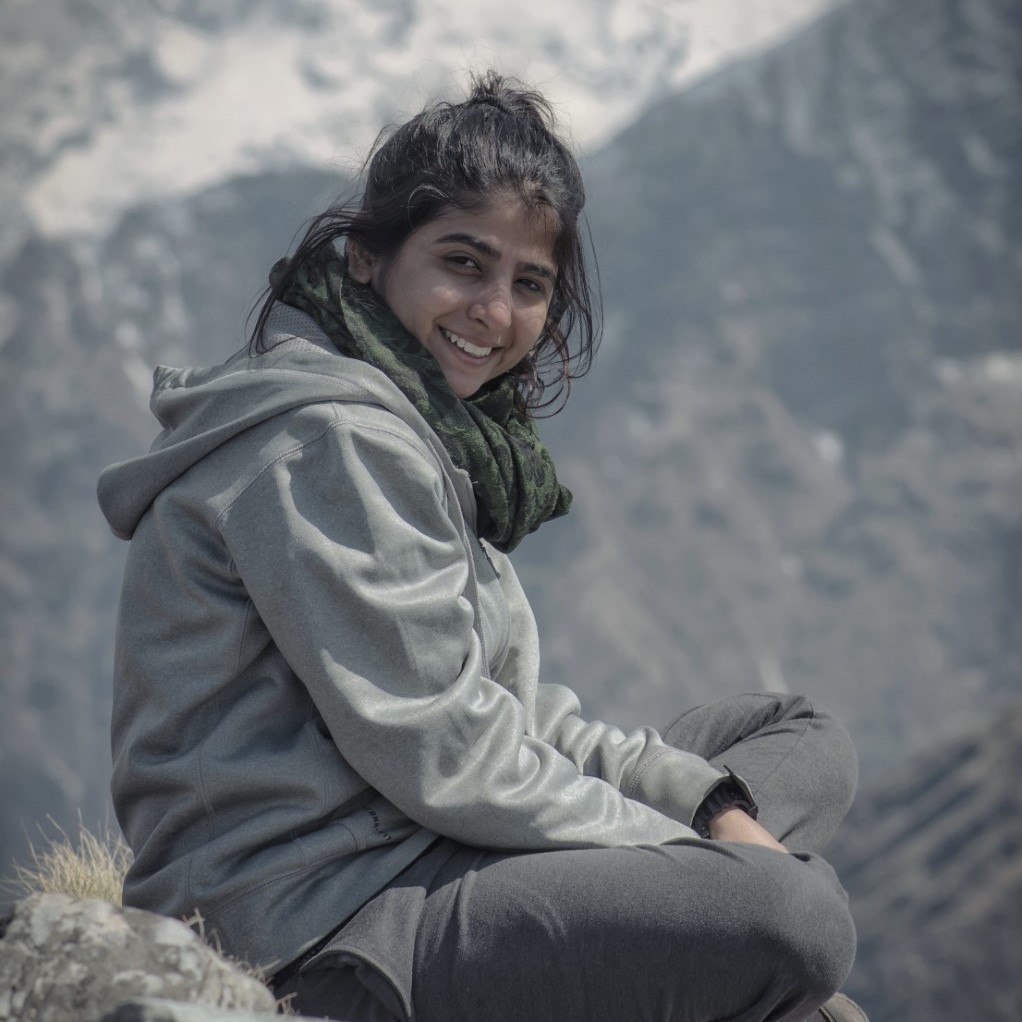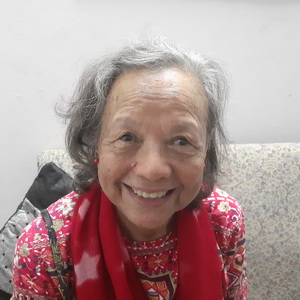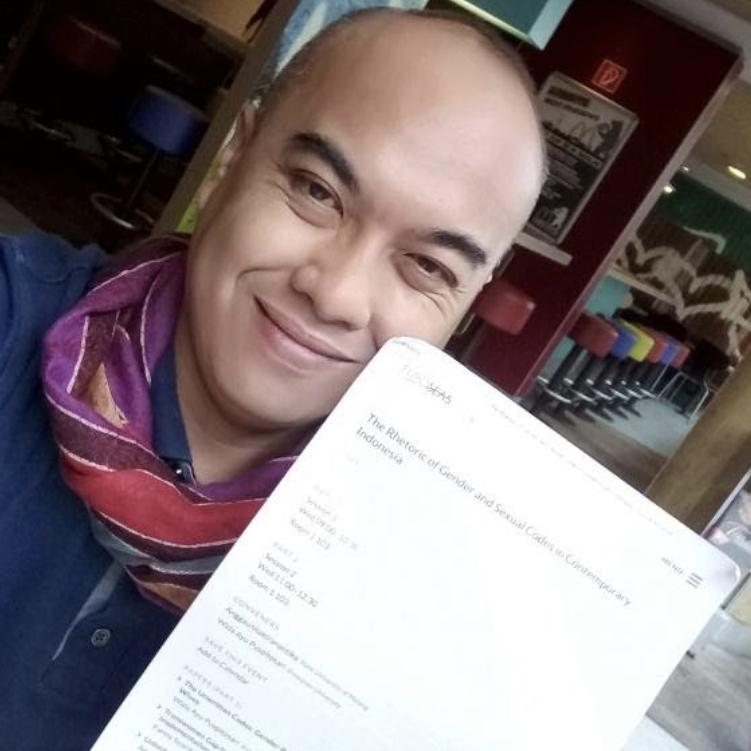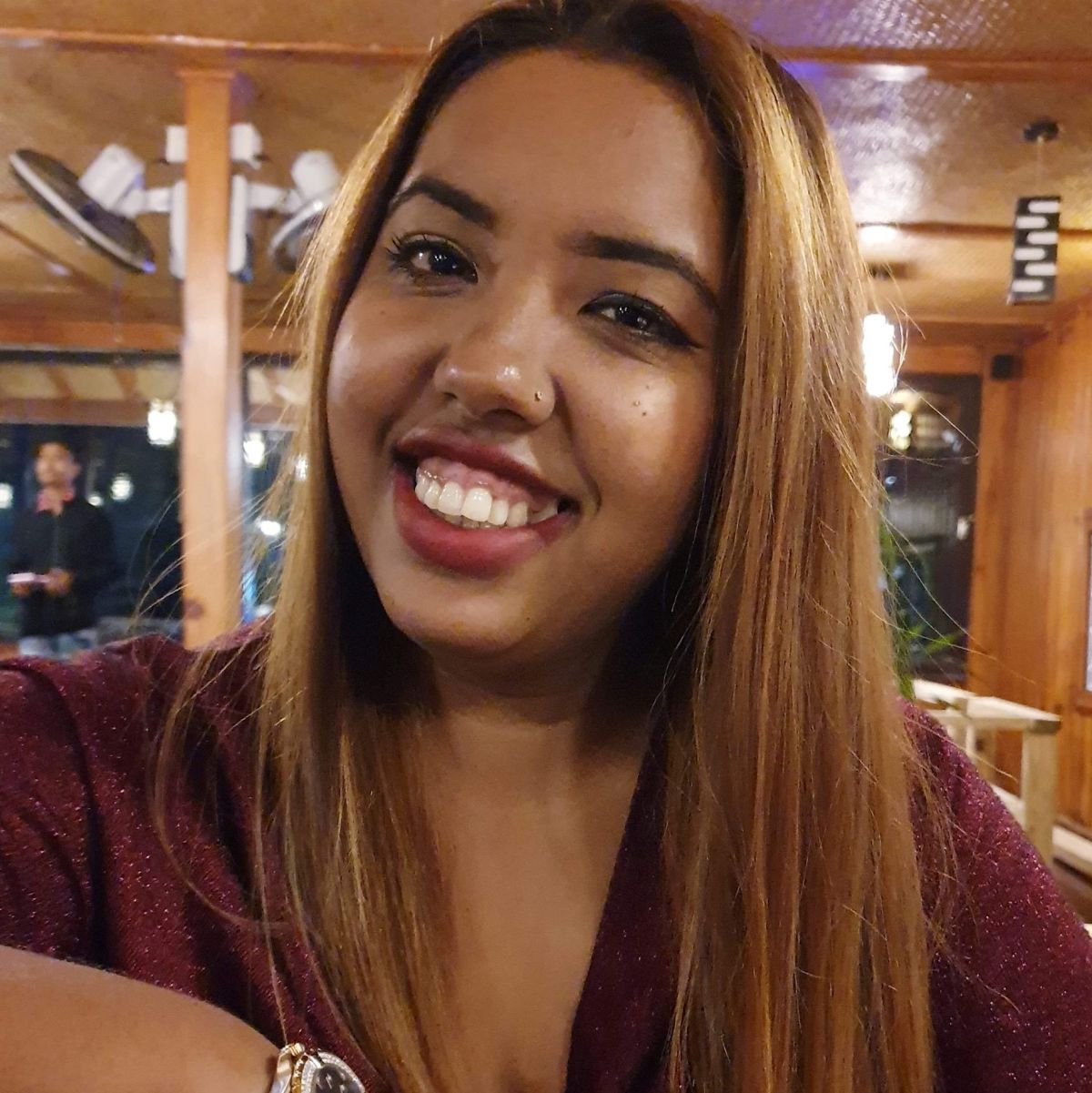My Life as a Woman in India: Goddess of Many Virtues, Except Wealth
Despite strongly standing to society’s demand of being a ‘superwoman’, my mom has hardly received appreciation for her efforts.
India, Southern Asia
Story by Charu Thukral. Edited by Rick Scherpenhuizen
Published on October 27, 2020.
Reading time: 4 minutes
This story is also available in 




Do you know how an iron nail is given shape? It is hammered and shaped when it’s hot and can be molded in whatever shape and size the ironworker wants. That is how I, along with millions of other kids, were shaped into ideas of gender(s) that define the supremacy of males over females. To change the shape of this nail after years is difficult but possible through persistent hammering.
Women in India are worshipped as goddesses of different virtues. For example, there is Lakshmi for wealth, Saraswati for knowledge, Parvati for kindness, and Kali as the destroyer of evil. However, upon visiting any average Indian home[1] it is evident that a woman is expected to be a master of all virtues except wealth. While the trend is changing, the shift is slow and unhurried. In India, only 26% of the women are part of the labour force and surprisingly the number has declined since 2005 (36.5%)[2].
Irrespective of her employment status, the woman is expected to be the one primarily responsible for household chores such as cooking, cleaning, parenting, and other such ‘thankless’ and unpaid jobs.
I come from a modern middle-class family with conservative thoughts on certain aspects. The idea that women cannot do paid work was not one such thought. Since I was a kid, I have seen my mother helping my father in the business. Even though she held a master’s degree in Hindi and Sanskrit language, she became a student of accounts for my father. While she struggled with numbers and new concepts, she was under family pressure to also manage the household chores. At a point, she was doing both her homework and ours while managing the expectation of a large joint family.
Despite strongly standing to society’s demand of being a ‘superwoman’, my mom has hardly received appreciation for her efforts. Today even after 20 years of running the business and managing the staff, her opinion holds little value in business matters. Her gender still defines and dominates her life, making her get up in the middle of her meal just to serve a glass of water to my father while he is enjoying his lunch at the table. However, it is important to understand that it is not because my father is chauvinistic, but because society has taught both my parents about their roles and ranks.
Does the situation change amongst different income classes? Definitely not. In my opinion, the idea of gender roles being culturally linked makes it socially inevitable. In another story, my cook (who is also my friend) told me about her sister who, unlike her family’s expectations, cannot keep quiet about the unjust treatment from her husband. This woman has been married to her husband for 8 years and earns her own money. However, she is at the mercy of her husband to ‘allow’ her to use this money where she wants.
Sometimes, the husband also resorts to physical abuse to force his will on her. The good change is, this woman never stops arguing and is always ready to fight back for her rights. This is what the need of the hour is.
My mom still holds the rank given to her as a kid based on her gender. This is primarily because she was taught that this is her role as a wife or/and a mother. But women like my cook’s sister are the ones who are driving change by speaking up against the defined ranks. I strongly believe that voicing out the injustice and unfairness is the first step towards change. This story is one such attempt.
Footnotes
[1] The situation might be different for different regions in India. While most of the Northeast and South India gives more liberty and ownership to women the underlying culture and mainstream expectation from women are still there.
[2] Read more about it in this article: https://www.thehindu.com/business/female-labour-force-participation-in-india-fell-to-26-in-2018-report/article26467857.ece
How does this story make you feel?
Follow-up
Do you have any questions after reading this story? Do you want to follow-up on what you've just read? Get in touch with our team to learn more! Send an email to [email protected].
Talk about this Story
Please enable cookies to view the comments powered by Disqus.
Subscribe to our Monthly Newsletter
Stay up to date with new stories on Correspondents of the World by subscribing to our monthly newsletter:
Tags
Topic: Gender
> Nepal
Gender-Based Untouchability and Disaster Help in Nepal
A story by Chandra Bhadra
5 min
Article 1 of our constitution says everyone is eligible for a dignified life. If women are considered untouchables every month, where is their dignity? Read more...
> India
Daughter of a Sex Worker
A story by Taniya Yadav
10 min Long Read
In the society where I grew up, I was told that if somebody touched me or tried to misbehave with me, it was my fault, that I allowed them to do it. Read more...
> Indonesia
Questioning the State of Religious Rights for Gender Minorities in Indonesia
A story by Fanny Syariful Alam
4 min
I question most Indonesians’ claims about the irreligiosity of the Indonesian LGBT community, and the view that they do not exercise the correct practices as administered in their holy books. Read more...
Explore other Topics
Get involved
At Correspondents of the World, we want to contribute to a better understanding of one another in a world that seems to get smaller by the day - but somehow neglects to bring people closer together as well. We think that one of the most frequent reasons for misunderstanding and unnecessarily heated debates is that we don't really understand how each of us is affected differently by global issues.
Our aim is to change that with every personal story we share.
Community Worldwide
Correspondents of the World is not just this website, but also a great community of people from all over the world. While face-to-face meetings are difficult at the moment, our Facebook Community Group is THE place to be to meet other people invested in Correspondents of the World. We are currently running a series of online-tea talks to get to know each other better.



























